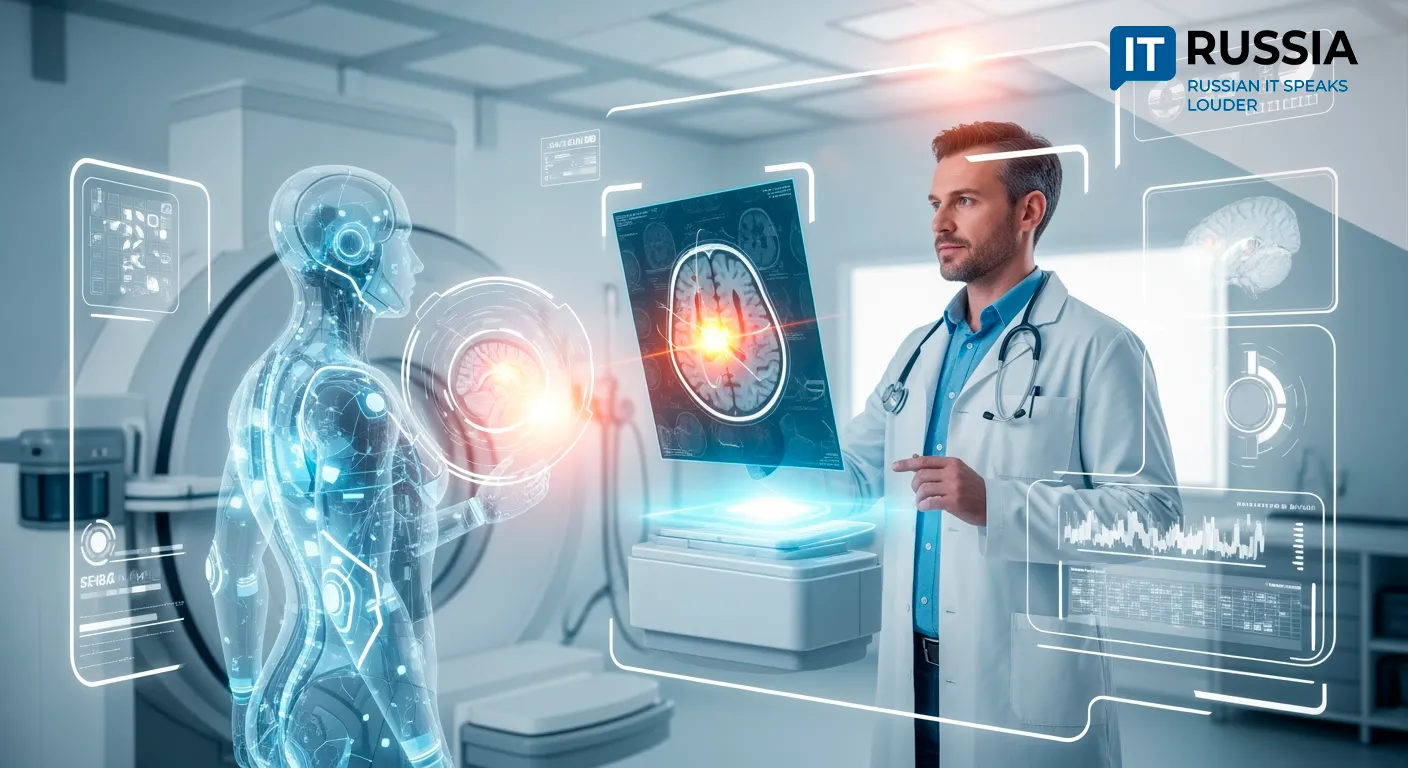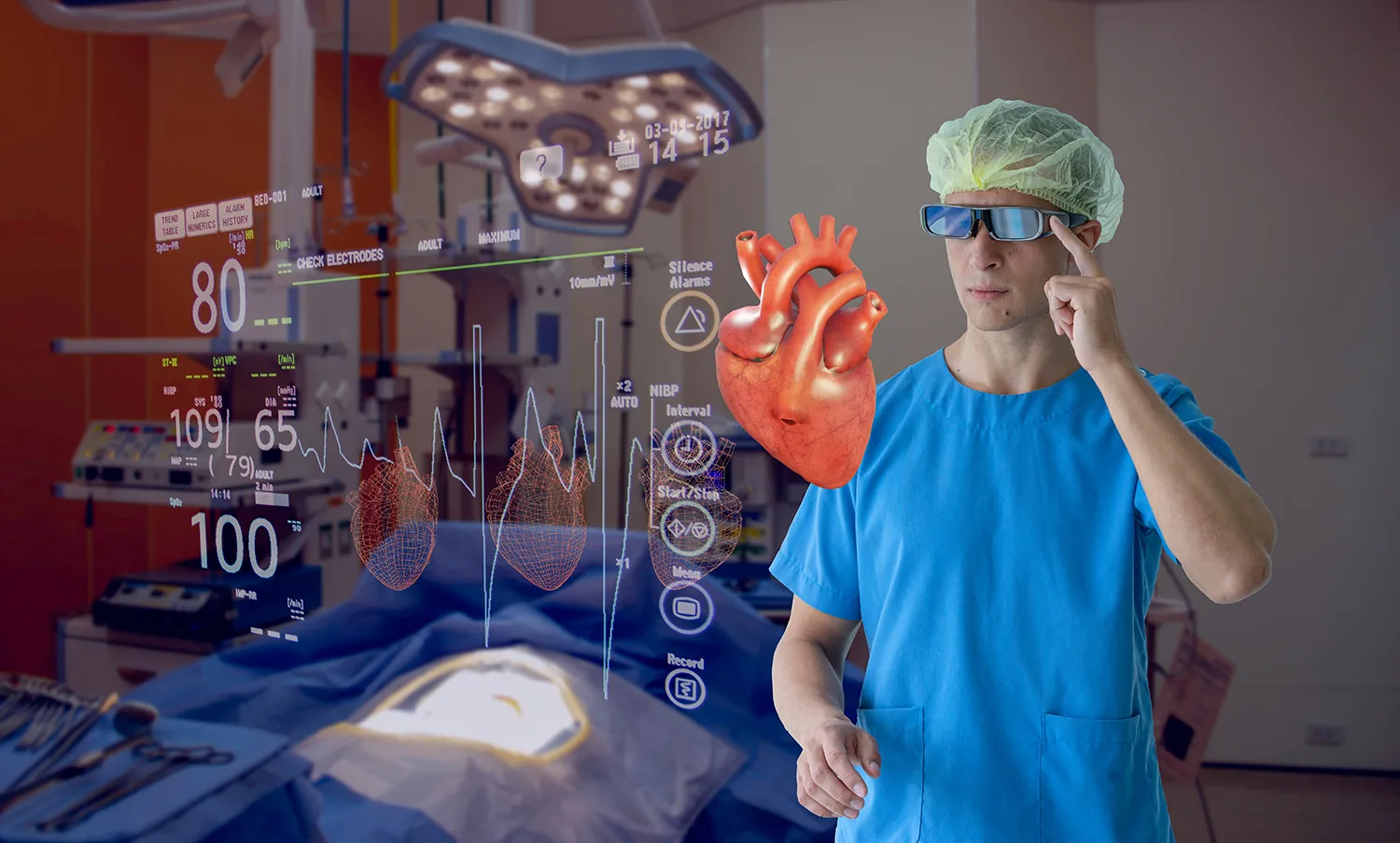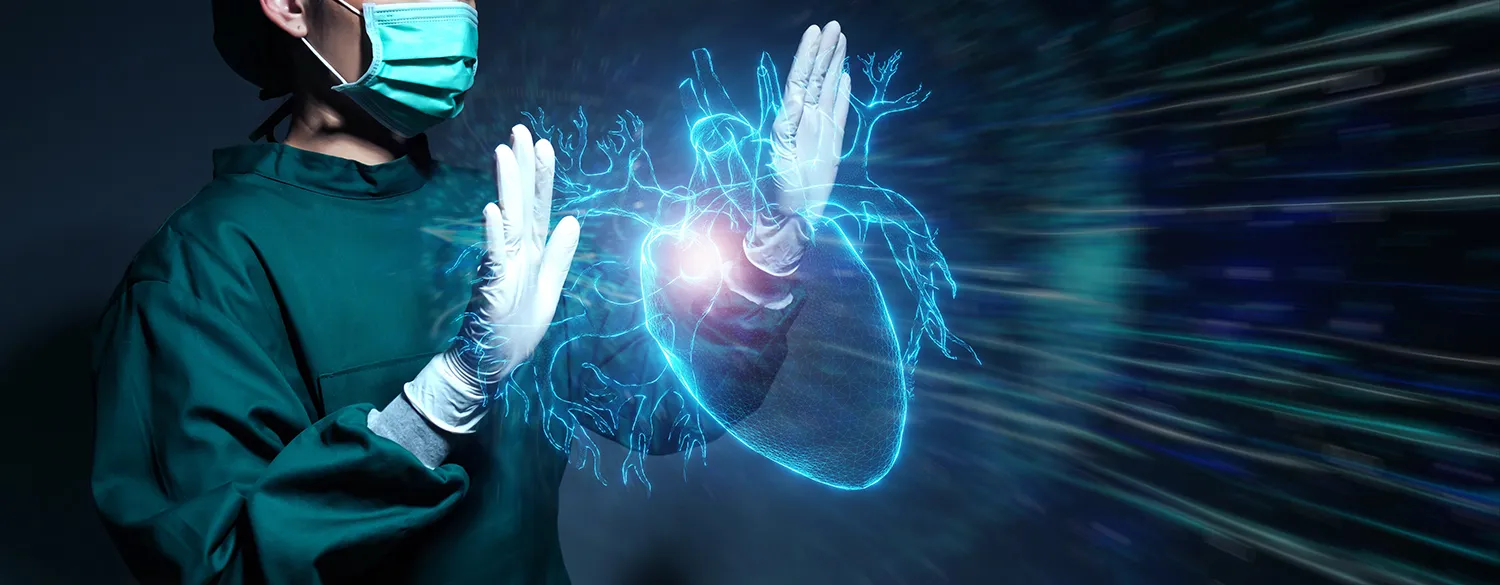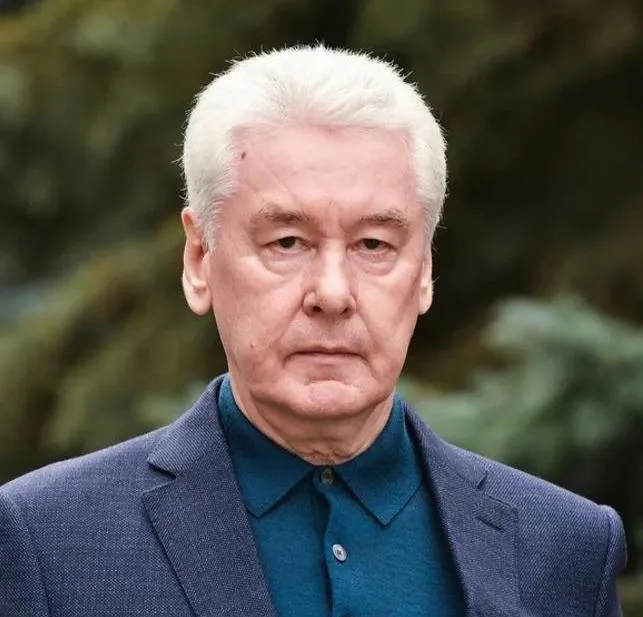AI vs Stroke: Moscow’s Hospitals Deploy Advanced Diagnostic System

Moscow healthcare innovators have developed and integrated an AI-powered diagnostic platform that accelerates decision-making in ischemic stroke cases—helping save lives.
Accuracy and Speed at the Core
Moscow is undergoing a digital transformation in its approach to emergency medicine. A team of doctors at Davydovsky City Clinical Hospital, in collaboration with a local MedTech company, have introduced an AI-based diagnostic platform that evaluates stroke patients for potential surgical intervention.
Moscow’s mayor, Sergey Sobyanin, emphasized the system’s impact: “The platform enables doctors to rapidly and accurately determine the need and effectiveness of ischemic stroke surgery, and recommends the best course of care.”

The initiative is supported by the Moscow Center for Medical Technology and funded through the city’s grant program. The AI system is fully integrated into the hospital’s digital infrastructure, analyzing CT and MRI scans within minutes to assess patient status and predict the potential success of thrombectomy.
Moscow’s Commitment to Digital Medicine
The AI system does not replace clinicians but augments their decision-making process, reducing the risk of error. What sets this platform apart is its seamless integration with Moscow’s Unified Medical Information and Analytics System (UMIAS and ERIS), making it a strategic component of the city’s digital healthcare transformation.
Since 2020, Moscow has been deploying AI in diagnostics for oncology, infectious diseases, and cardiovascular conditions. In just two years, AI analyzed over five million scans—from COVID-19 to lung cancer to heart disease—cutting diagnostic time from days to minutes.

The stroke diagnosis tool is part of a broader ecosystem now covering more than 20 diagnostic areas. When no pathology is detected, the system automatically logs results in the patient’s electronic health record, reducing administrative workload for radiologists.
A National Answer to a Global Challenge
Ischemic stroke remains one of the leading causes of mortality and disability in Russia and globally. In such emergencies, rapid intervention is critical to recovery outcomes. This is where Moscow’s AI-driven platform excels—providing instant assessments of whether thrombectomy is appropriate or if conservative treatment is a safer option.
Currently undergoing clinical validation at Davydovsky Hospital, the system is expected to expand to all stroke care centers across Moscow. If successful, it will be scaled to a national level. This expansion would significantly improve the consistency and speed of care, potentially saving thousands of lives annually.

Toward a Digitally-Enabled Medical Future
Although the system is currently bound to Moscow’s health IT framework, it reflects Russia’s growing expertise in medical AI and its ability to produce globally competitive solutions. With standardized medical datasets, state support, and clinical feedback, the foundation is being laid for international-grade AI diagnostics.
The platform could eventually extend beyond stroke to detect other neurological conditions such as hemorrhagic stroke, brain tumors, and multiple sclerosis.
By 2025, Moscow aims to broaden AI usage in neuroradiology—moving closer to a leadership position in global medical AI. This project highlights how a blend of innovation, infrastructure, and policy can rapidly turn pilots into life-saving digital tools.










































